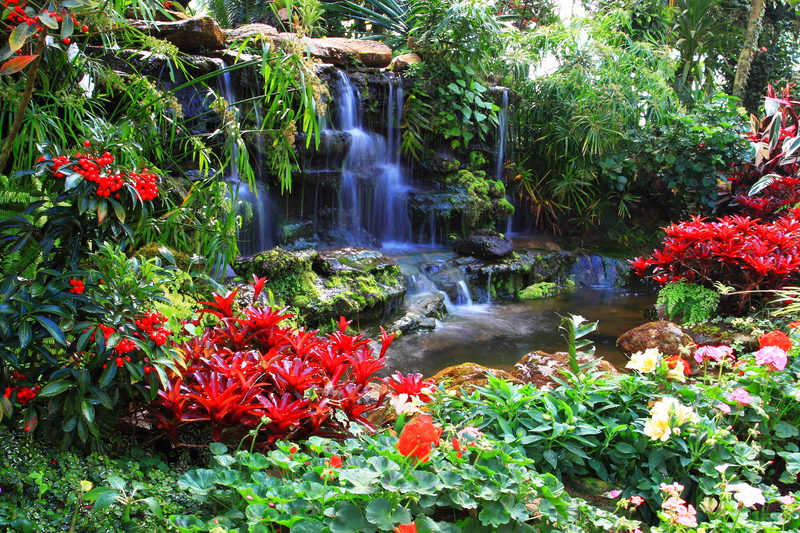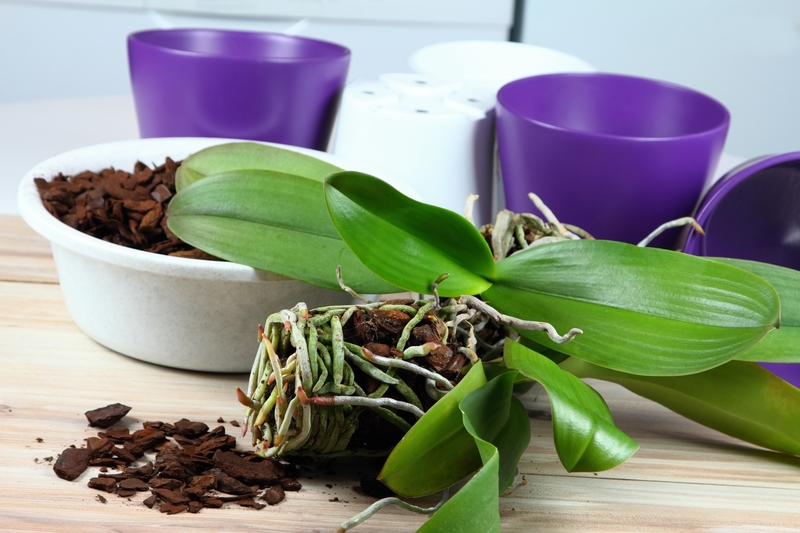Effective Slug Repellent Methods
Posted on 25/11/2024

Slugs can be a gardener's worst enemy as they munch their way through tender plants, leaving unsightly damage and often killing young seedlings. For those who value their gardens, finding effective slug repellent methods is essential. Here, we will explore various natural and chemical solutions to keep slugs at bay, ensuring your plants thrive.
[HTAG0]
[HTAG1]
Copper is known to repel slugs due to its ability to deliver a mild electric shock to them. You can place copper tape around pots, garden beds, and even on greenhouse benches. This creates a barrier that slugs are reluctant to cross.
[HTAG2]
Slugs are deterred by caffeine, making coffee grounds a great natural repellent. Simply sprinkle used coffee grounds around your plants, and the slugs will keep away. Plus, coffee grounds also enrich the soil with nutrients.
[HTAG3]
Crushed eggshells are another effective natural deterrent. The sharp edges are uncomfortable for slugs to crawl over, thereby protecting your plants. Moreover, eggshells can add calcium to your soil as they break down.
[HTAG4]
[HTAG5]
Iron phosphate is a common ingredient in commercial slug baits. It is a relatively safe option, as it is non-toxic to pets, wildlife, and humans. When ingested by slugs, it affects their digestive system, leading to their death.
[HTAG6]
A diluted solution of household ammonia and water can be sprayed directly on slugs. This method is both cheap and effective. However, caution is needed as ammonia is a strong chemical and should be handled carefully.
[HTAG7]
[HTAG8]
Although time-consuming, manually removing slugs from your garden is an effective way to reduce their population. This can be done during the evening or early morning when slugs are most active.
[HTAG9]
Slugs thrive in moist environments. By reducing the frequency of watering and watering your garden in the morning rather than the evening, you can create a less hospitable environment for them.
[HTAG10]
[HTAG11]
- Pros: Eco-friendly, safe for pets and children, often beneficial for the soil.
- Cons: May need frequent reapplication, effectiveness can vary.
[HTAG12]
- Pros: Often highly effective, easy to apply.
- Cons: Potentially harmful to pets, wildlife, and beneficial insects, can contaminate soil.
[HTAG13]
- Pros: Immediate results, non-toxic.
- Cons: Labor-intensive, time-consuming.
[HTAG14]
- Combine different methods for the best results. Using a mix of natural, chemical, and physical methods can provide a comprehensive defense against slugs.
- Maintain garden hygiene by removing debris, fallen leaves, and dead plants where slugs can hide.
- Encourage natural predators like birds, frogs, and hedgehogs by creating a welcoming environment in your garden.
- Regularly inspect your garden, especially after rain, to catch slugs before they cause significant damage.
[HTAG15]
To protect your garden from slug damage, it is vital to employ a mix of repellent methods. Whether you prefer natural, chemical, or physical solutions, each has its advantages and challenges. Combining multiple strategies will increase your chances of keeping these pests at bay.
[HTAG16]
Effective slug management is crucial for maintaining a healthy and thriving garden. By understanding and utilizing various repellent methods, you can safeguard your plants from slug damage. Remember, a well-maintained garden is less attractive to slugs, so regular care and inspection play a significant role in keeping these pests away.





